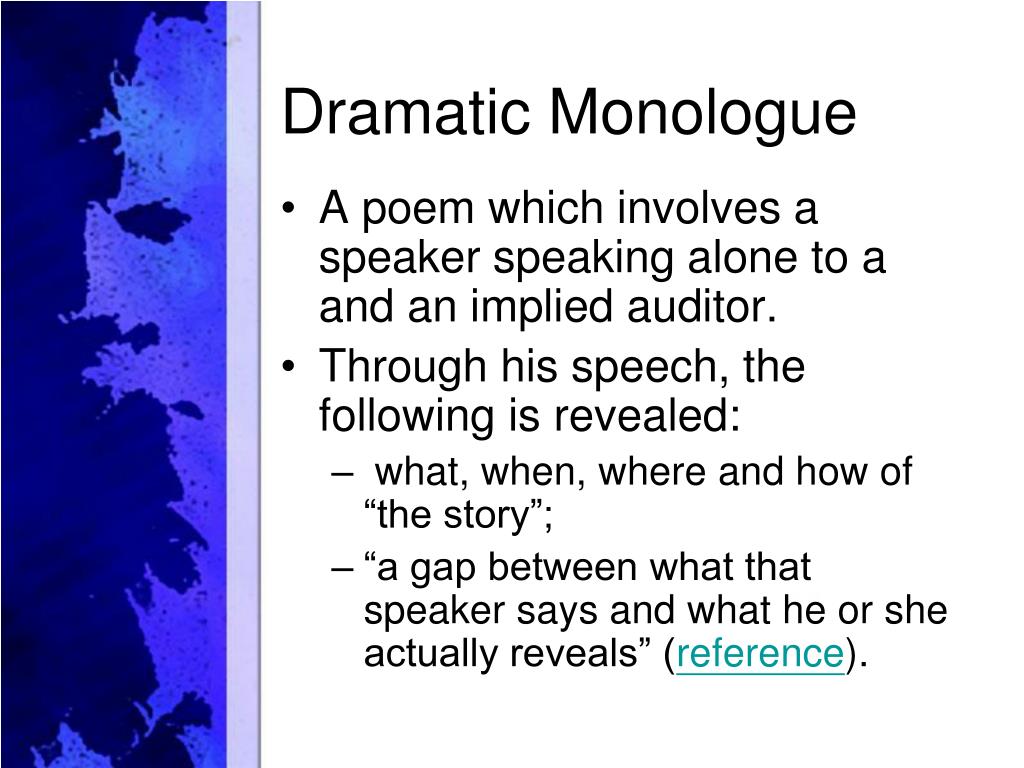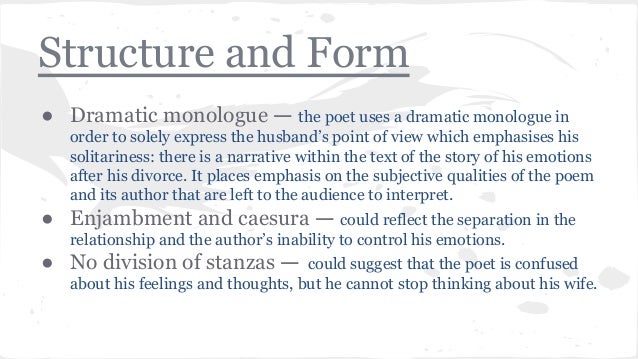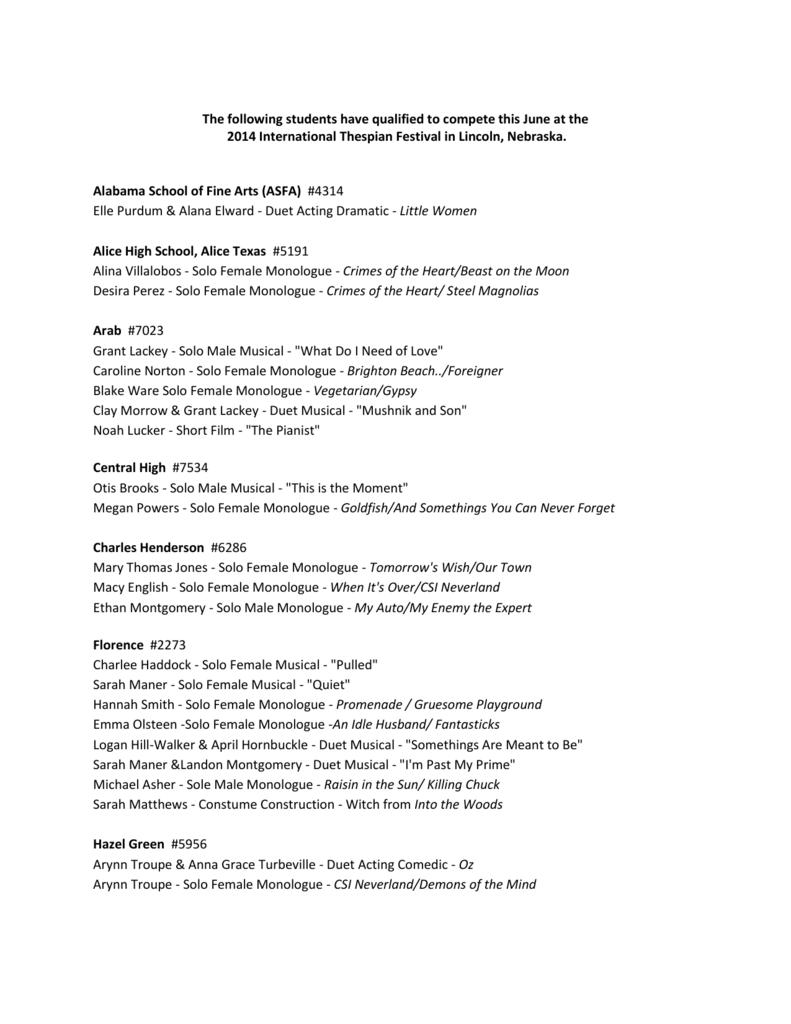
But please contact Tara for permission of use, stating your name and desired use of the monologue. These monologues are great for auditions, workshops, competitions, classes, reels, showcases, monologue slams, performances, and videos. The example that tickles my funny bone at the moment is one in which someone writes a rant complaining about people who complain all the time.Ĭan you think of any bloggers who frequently write in dramatic monologue mode? (Please don’t unveil them here.) Can you go back and catch yourself revealing more about yourself indirectly than you really meant to? Or, if you’re looking for a writing prompt, can you come up with a dramatic monologue featuring a character from history (a common practice) or of your own devising? I’d be eager to read any such posts, and if one particularly strikes my fancy, I’ll reblog it next week.Tara's dramatic monologues range in actor age from 5 years old to mature adult. The point I’m getting to here is that we probably, more often than we realize, write telling dramatic monologues of our own. Yet it’s a form based on the notion of free-wheeling, natural, extemporaneous speech, which is the mode many of us write in for our blogs.

The intentional dramatic monologue is an exercise in insinuation and understatement.

That is, you want to expose the character’s flaws and his apparent (or willful) ignorance of them without coming right out and naming them. Writing a dramatic monologue on purpose can be fun and surprisingly tricky, a balancing act with subtlety on the one side and getting the character’s nature across on the other. By the end of the poem, we learn that he aims now to find his next duchess, and we’re left to ponder the chilling question of how that next young bride (and the one after her, and so on) will fare. He feigns modesty but, as the poem unfolds, reveals jealousy and pride, and it becomes evident that he has ordered his last duchess murdered. Victorian poet Robert Browning wrote several of these, of which probably the most accessible is “ My Last Duchess.” In that poem, the speaker prattles on about his recently dead wife and what he saw as indiscretions in her behavior.

The circumstances surrounding the conversation, one side of which we “hear” as the dramatic monologue, are made clear by implication, and an insight into the character of the speaker may result. The character is speaking to an identifiable but silent listener at a dramatic moment in the speaker’s life. A definition from my trusty A Handbook to Literature:Ī poem that reveals “a soul in action” through the speech of one character in a dramatic situation. Did you ever read a blog post by someone that turned out to be unintentionally telling about the person’s character? In other words, have you read posts in which the authors indirectly revealed something about themselves that they may not have meant to reveal? If so, you’ve read something for which there is a corresponding literary form known as the dramatic monologue.


 0 kommentar(er)
0 kommentar(er)
